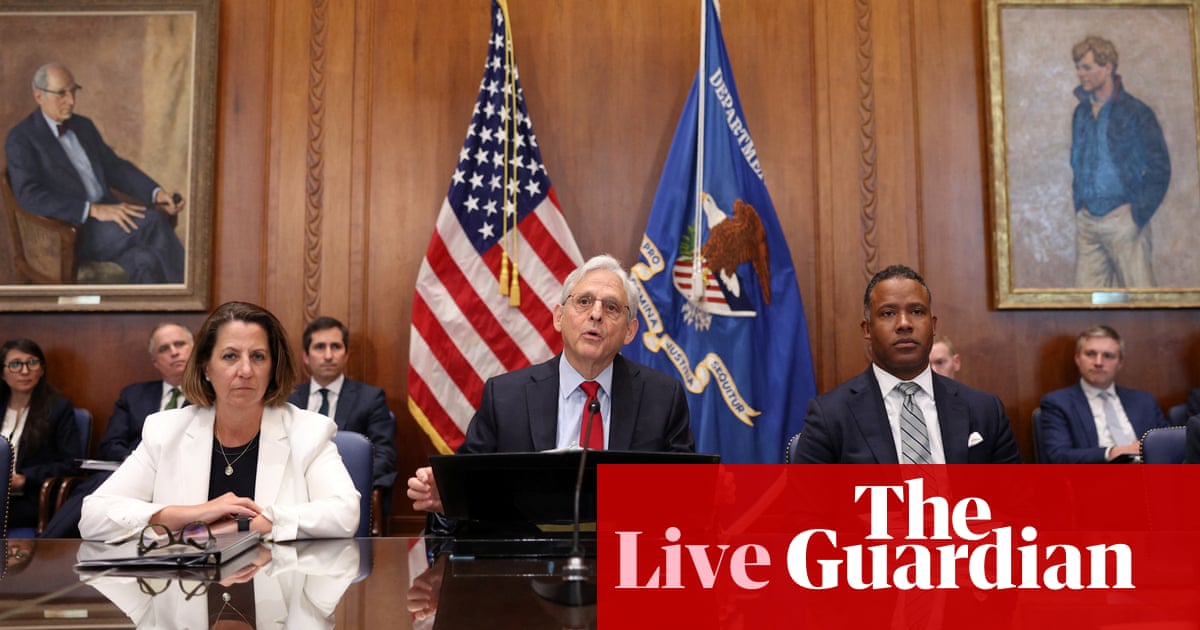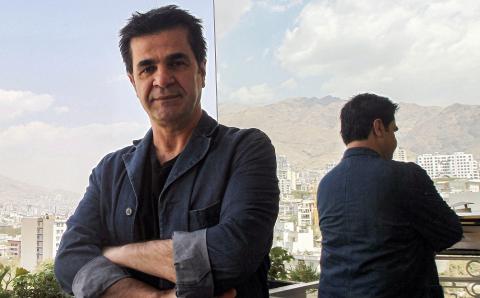
Tokyo prosecutors on Friday filed two new charges of financial misconduct against former Nissan chief Carlos Ghosn, meaning the auto tycoon is unlikely to be leaving his jail cell soon.
Lawyers for the former jet-setting executive filed a bail application hours later, but have acknowledged that he will probably be detained until a trial.
Ghosn denies any wrongdoing and argued in a dramatic first court appearance on Tuesday that he has been "wrongly accused and unfairly detained."
Ghosn was the overlord of an alliance that included Nissan Motor, Mitsubishi Motors and Frances Renault, until his surprise November arrest and removal as chairman of both Japanese automakers sent shockwaves through the industry.
The former executive, lauded for rescuing Nissan from the financial brink two decades ago, was charged with aggravated breach of trust for temporarily transferring personal investment losses to Nissan in 2008.
Ghosn, former Representative Director Greg Kelly and Nissan itself were also charged for understating Ghosns income for three years through March 2018. The three parties have already been indicted for the same charge covering the years 2010-2015.
Ghosn and Kelly have denied all charges. Nissan said it regretted any concern caused to its stakeholders.
Ghosns lawyer, Motonari Otsuru, expects his client to be held until trial, which he said could begin in about six months.
If bail is granted, Ghosn - who is suffering from fever, according to his lawyer - would not likely be released until Tuesday given that Monday is public holiday.
Also on Friday, Nissan said it had filed a criminal complaint against its former leader "on the basis of Ghosns misuse of a significant amount of the companys funds."
"Nissan does not in any way tolerate such misconduct and calls for strict penalties," it said in a statement.
Ghosn, 64, appeared in court on Tuesday for the first time since his arrest, looking thinner and greyer. He denied the allegations, calling them "meritless" and "unsubstantiated".
He said he had asked Nissan to temporarily take on his foreign exchange contracts after the 2008-2009 financial crisis prompted his bank to call for more collateral. He said he did so to avoid having to resign and use his retirement allowance for collateral.












